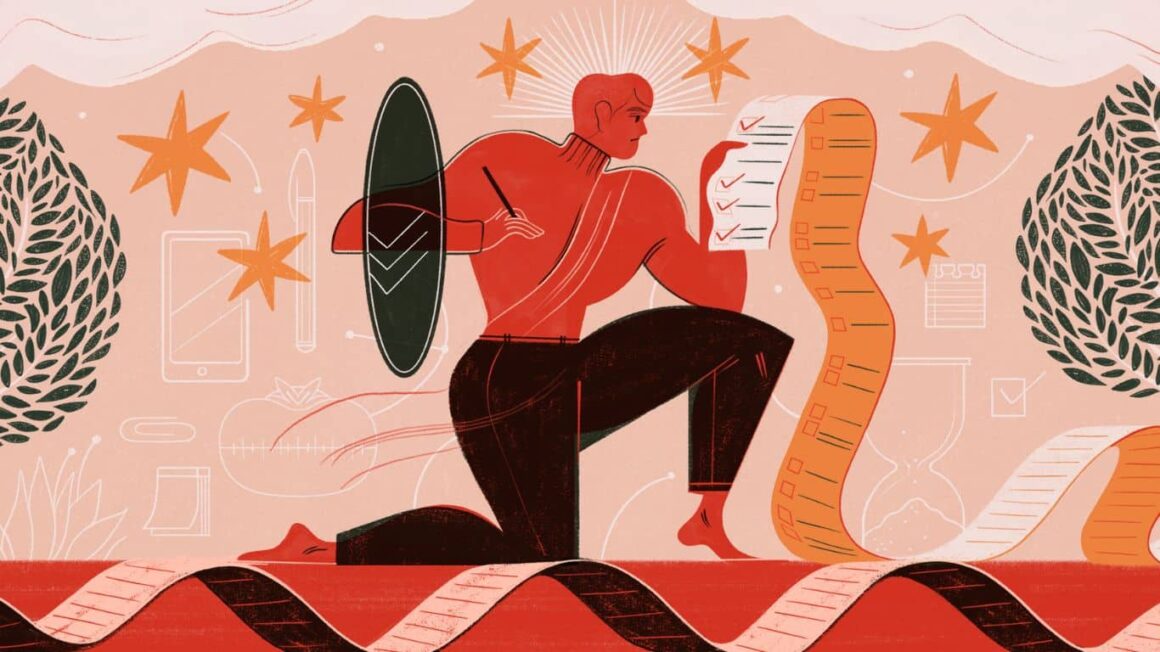- They are often represented in myths as powerful and supernatural beings.
- Creation myths explain how the world and all its elements came into being, often involving the actions of deities or sup…
- Epics often involve gods, heroes, and supernatural beings and may incorporate elements of history, mythology, and religi…
- These creatures often have fantastical or supernatural abilities, and are typically associated with particular cultures …
- In mythology, immortality is often associated with gods, heroes, and other supernatural beings, who are believed to poss…
- These weapons are often associated with legendary figures or gods and have symbolic or magical properties.
Myths have been a part of human culture for thousands of years, serving as a means of explaining the mysteries of the world and providing moral guidance. These stories often feature larger-than-life characters, supernatural forces, and events that are beyond the realm of ordinary human experience. Understanding the language of myths is essential for anyone seeking to delve deeper into the rich tapestry of human storytelling. In this article, we will explore 20 most common terms used in myths, including deities, heroes, creation myths, tricksters, and more. By gaining a deeper understanding of these terms, readers can begin to appreciate the profound significance that myths have played in shaping human culture and understanding of the world.
20 Most Common Terms Used In Myths
Deity
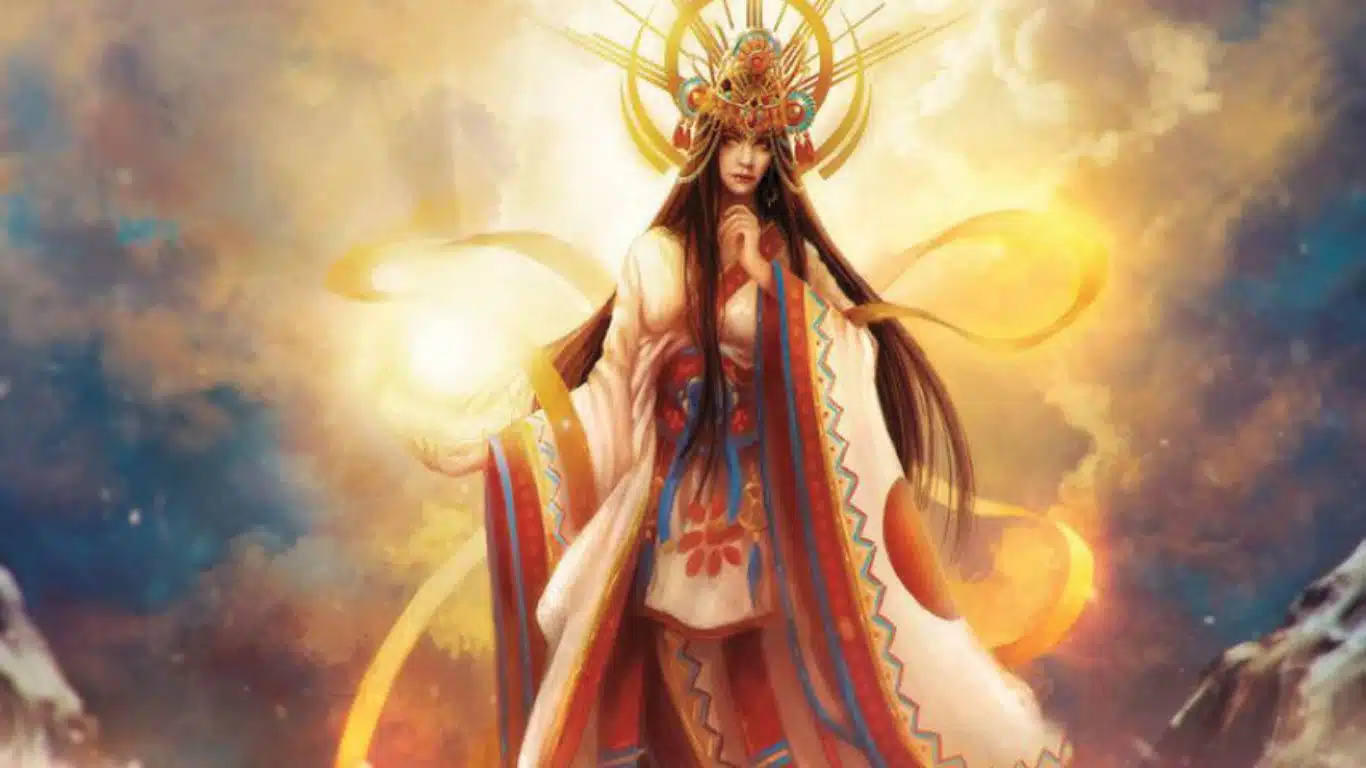
A deity is a divine being worshiped by a religion or culture, typically associated with a specific aspect of nature, such as the sun or the sea, or a human behavior, such as love or war. They are often represented in myths as powerful and supernatural beings.
Hero
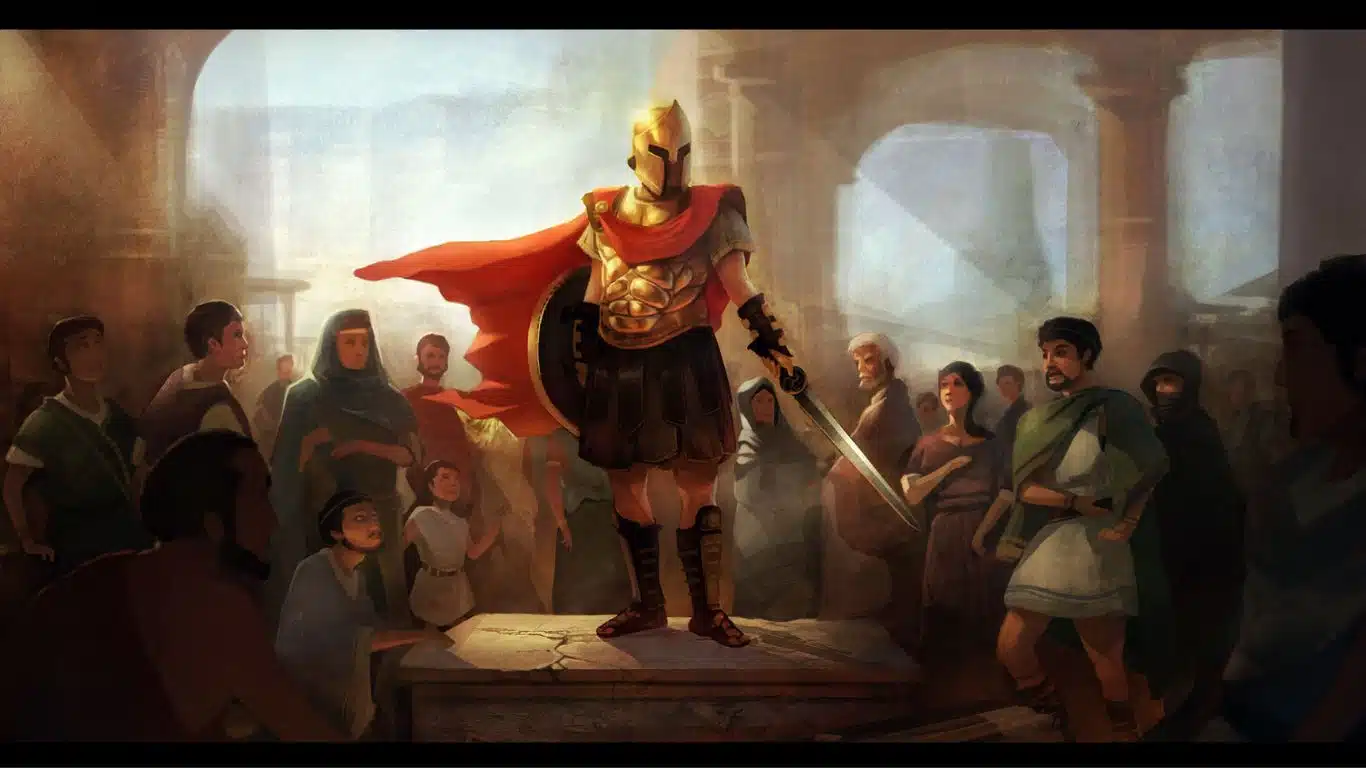
A hero is a character in a myth who displays exceptional qualities such as courage, strength, or intelligence. They often face significant challenges or obstacles and are usually the protagonist of the story. The hero’s actions are often viewed as inspirational and are admired by others.
Creation
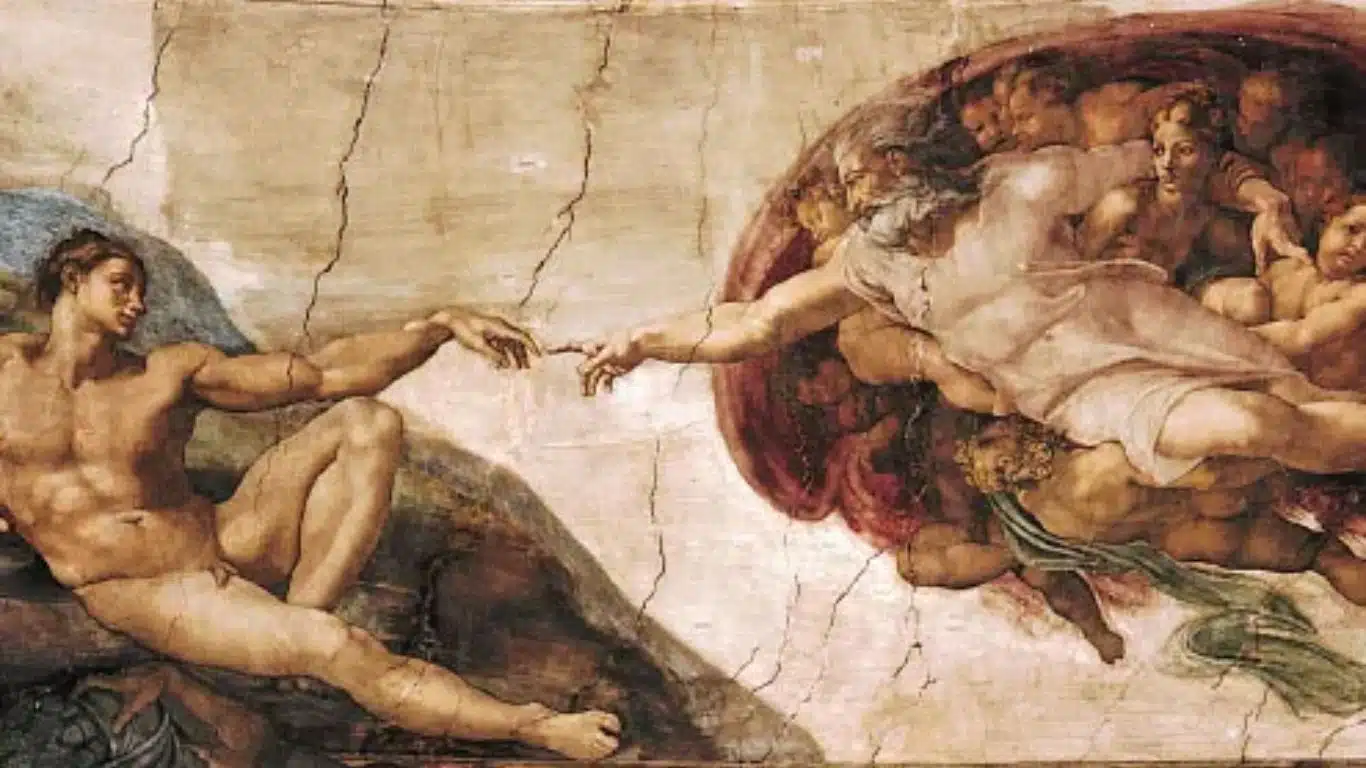
Creation refers to the act of bringing something into existence, often used in the context of myths to describe the origin story of the world or a particular aspect of it. Creation myths explain how the world and all its elements came into being, often involving the actions of deities or supernatural forces.
Legend
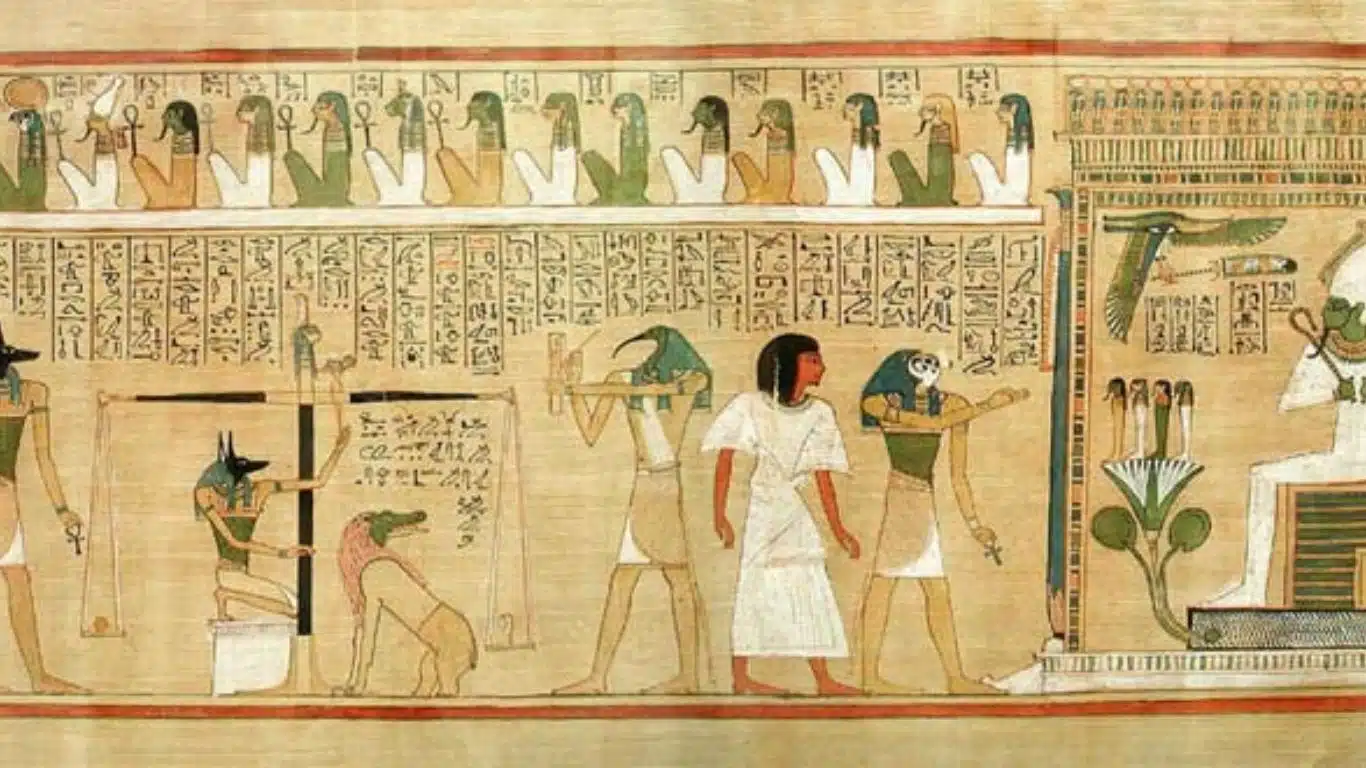
A legend is a story that has been handed down from earlier times, often involving larger-than-life characters and events. Legends may be based on real historical events, but they often include embellishments or exaggerations that make the story more interesting or memorable. These Stories can be shared orally or in written form and are often used to convey cultural or moral values.
Mythology
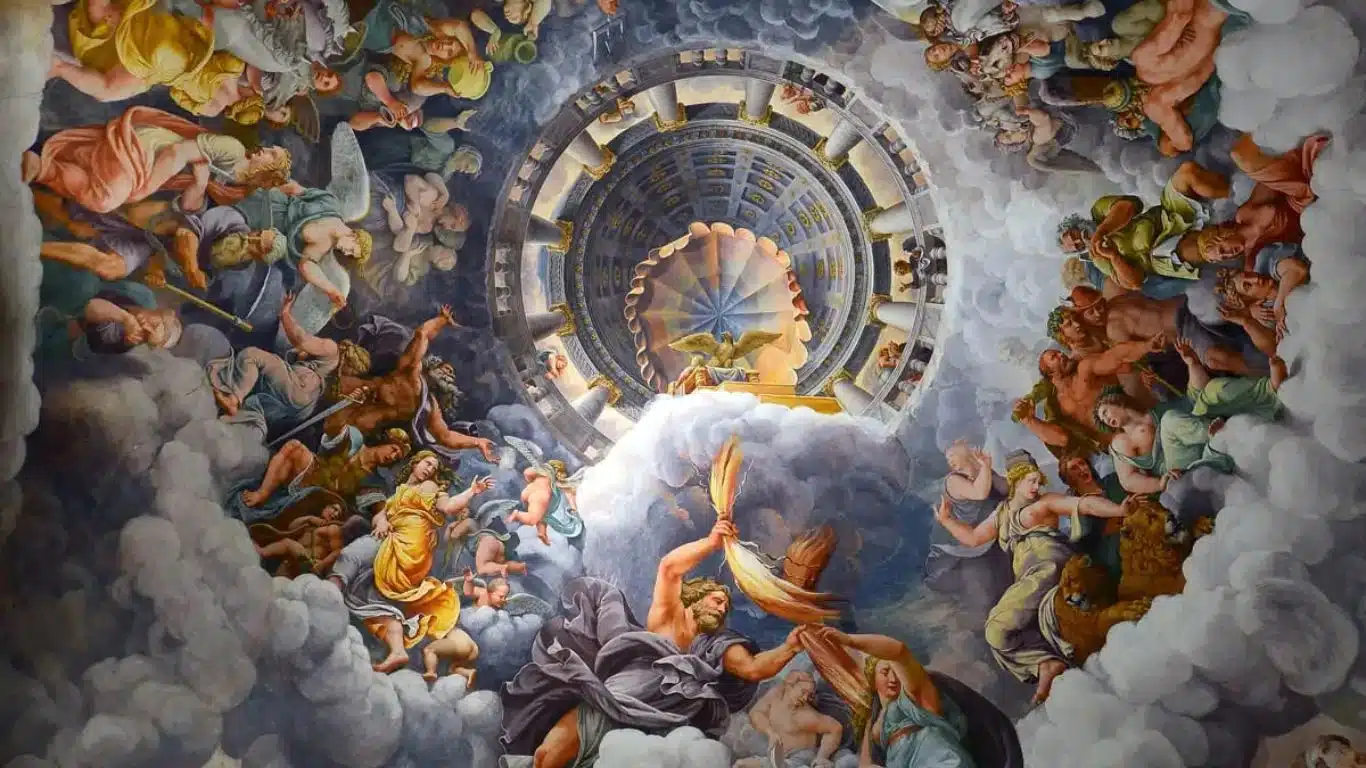
Mythology refers to a collection of myths and Stories that are commonly accepted within a particular culture or group. Mythologies can include creation stories, tales of gods and goddesses, heroes, and supernatural creatures. These stories often provide insight into the values, beliefs, and customs of a particular society and are passed down through generations as a means of preserving cultural heritage. Mythologies can also evolve and adapt to new cultural contexts.
Trickster
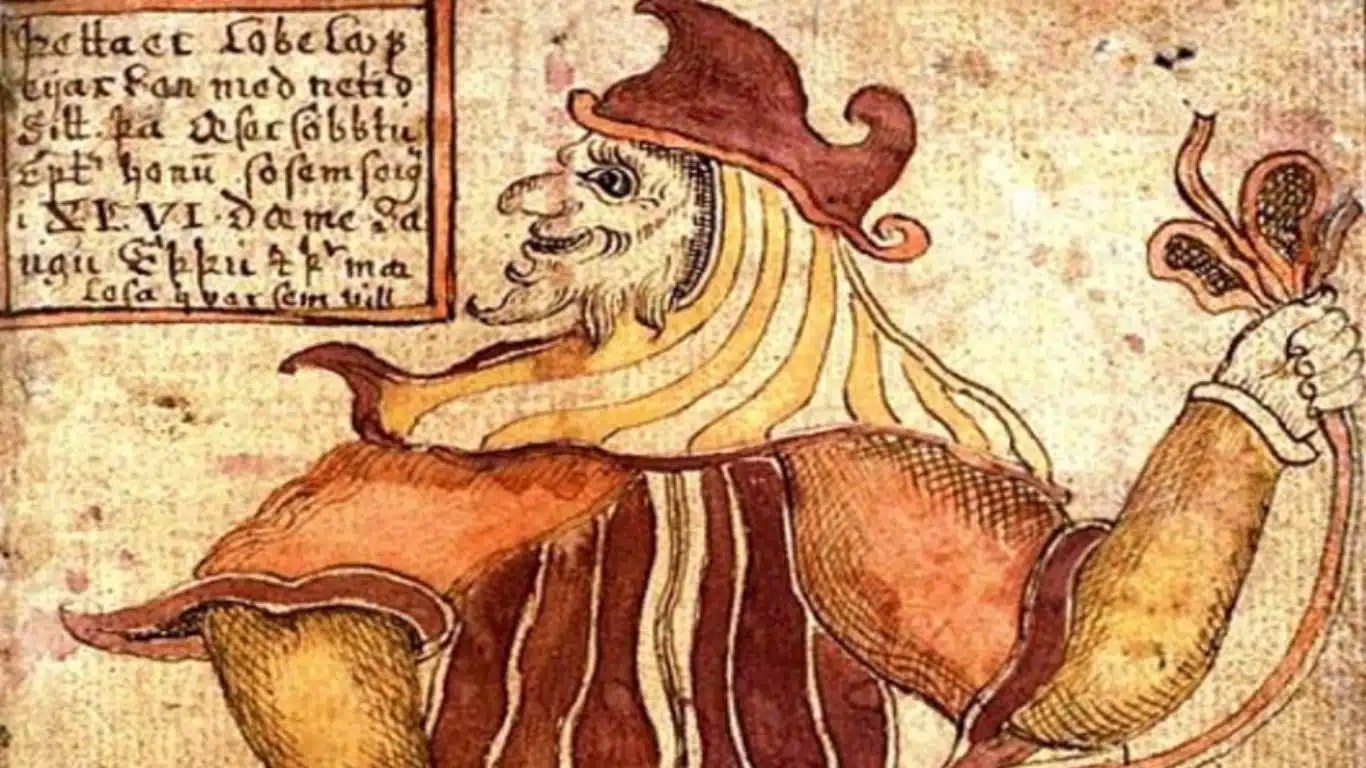
A trickster is a mischievous character in mythology who often uses cunning and deception to achieve their goals. Tricksters can be gods, humans, or other supernatural beings, and they are known for their ability to outsmart others and manipulate situations to their advantage. Although their actions can sometimes cause chaos and disruption, they are often viewed as essential figures in mythology, as they challenge social norms and provide an alternative perspective on the world.
Divine intervention
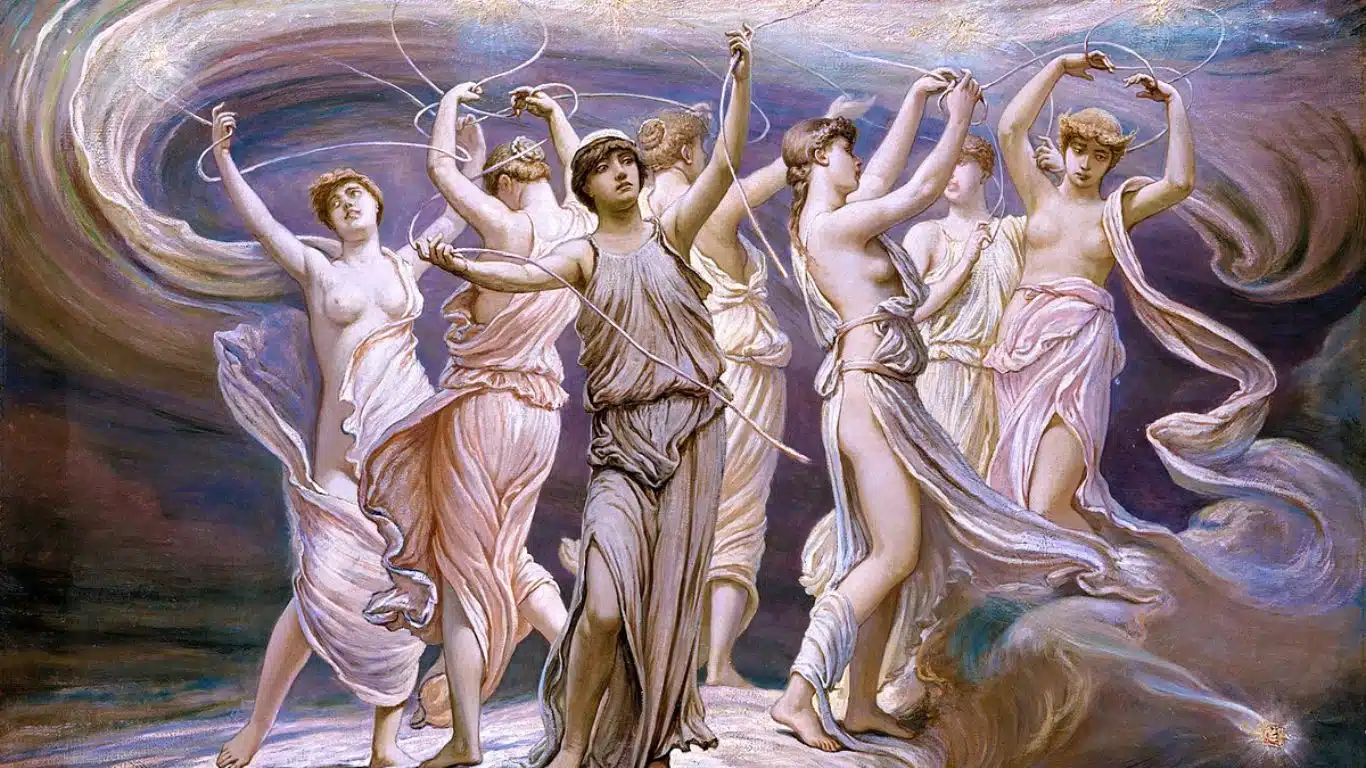
Divine intervention is the idea that a god or gods can interfere in human affairs, often to help or punish mortals. In mythology, deities are believed to have the power to influence events in the mortal world, whether through direct intervention or indirect means such as sending signs or omens. The concept of divine intervention can provide a sense of comfort or hope to believers, who may see their deity as an active force in their lives. It can also serve as a warning to those who believe they may be punished for violating divine laws or moral codes.
Quest
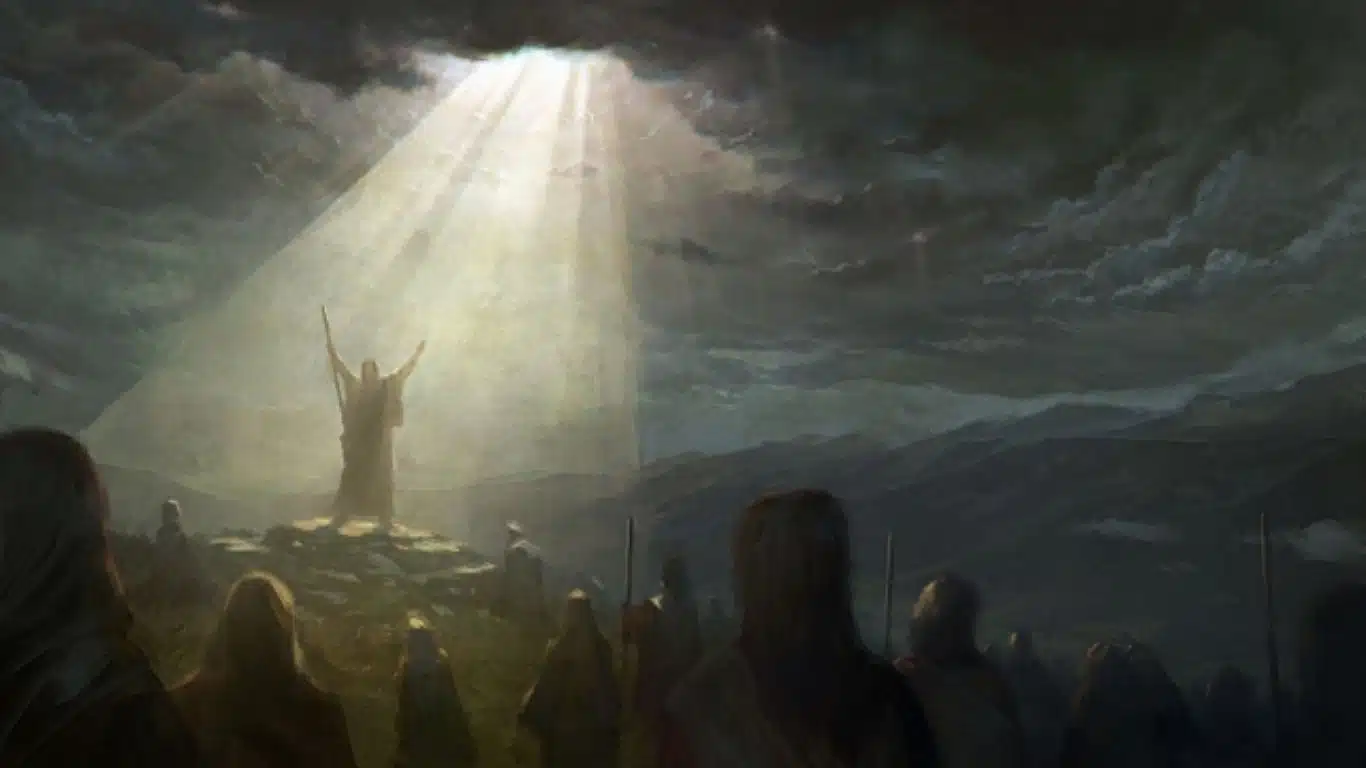
A quest is a journey undertaken by a hero or another character in search of a particular goal or object. Quests often involve facing challenges, overcoming obstacles, and battling foes, and they may also involve a spiritual or psychological journey of self-discovery. The goal of the quest is often the attainment of a valuable object, such as a magical artifact or knowledge.
Sacrifice
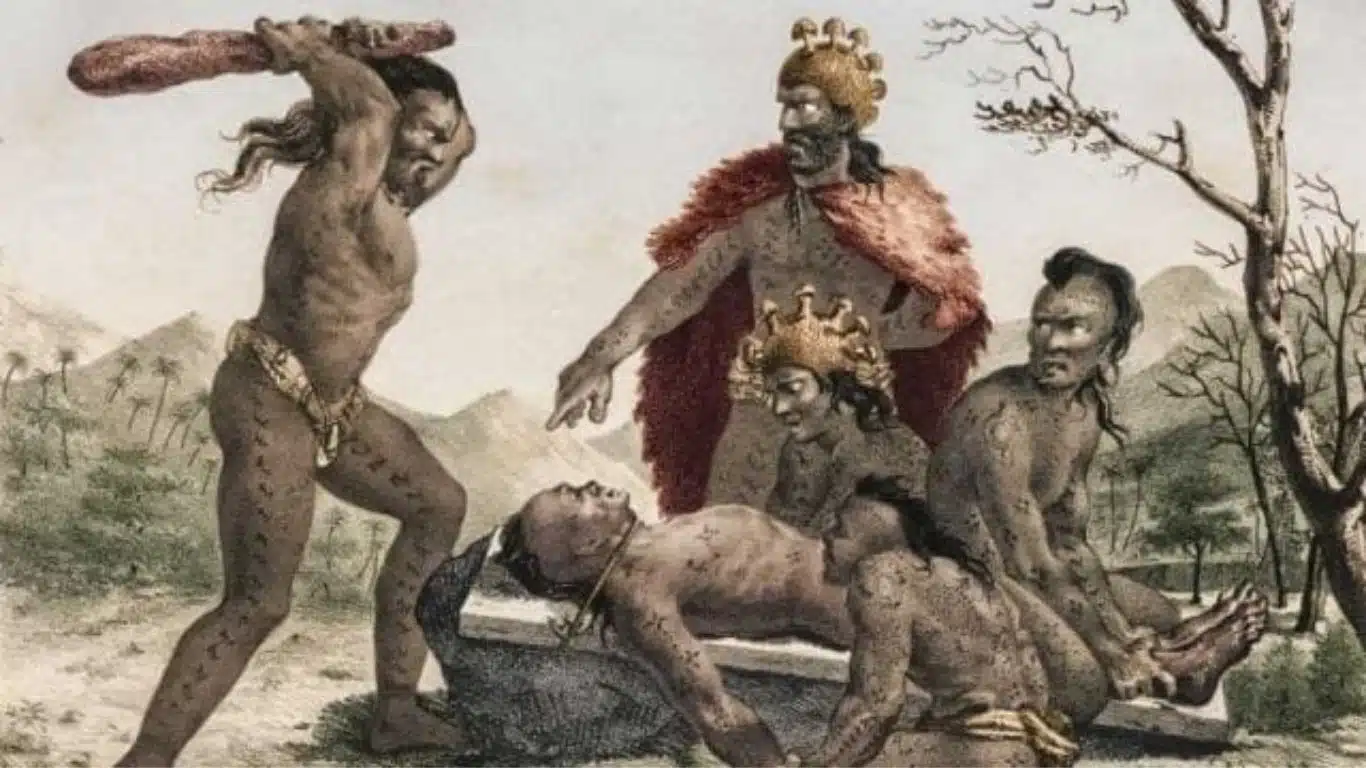
Sacrifice refers to the act of giving up something valuable, often to a deity, in exchange for a desired outcome. In mythology, sacrifices may involve offerings of food, animals, or even humans, and are often seen as a means of appeasing or honoring the gods. Sacrifices may also be viewed as a way of demonstrating devotion or seeking forgiveness for wrongdoing.
Fate
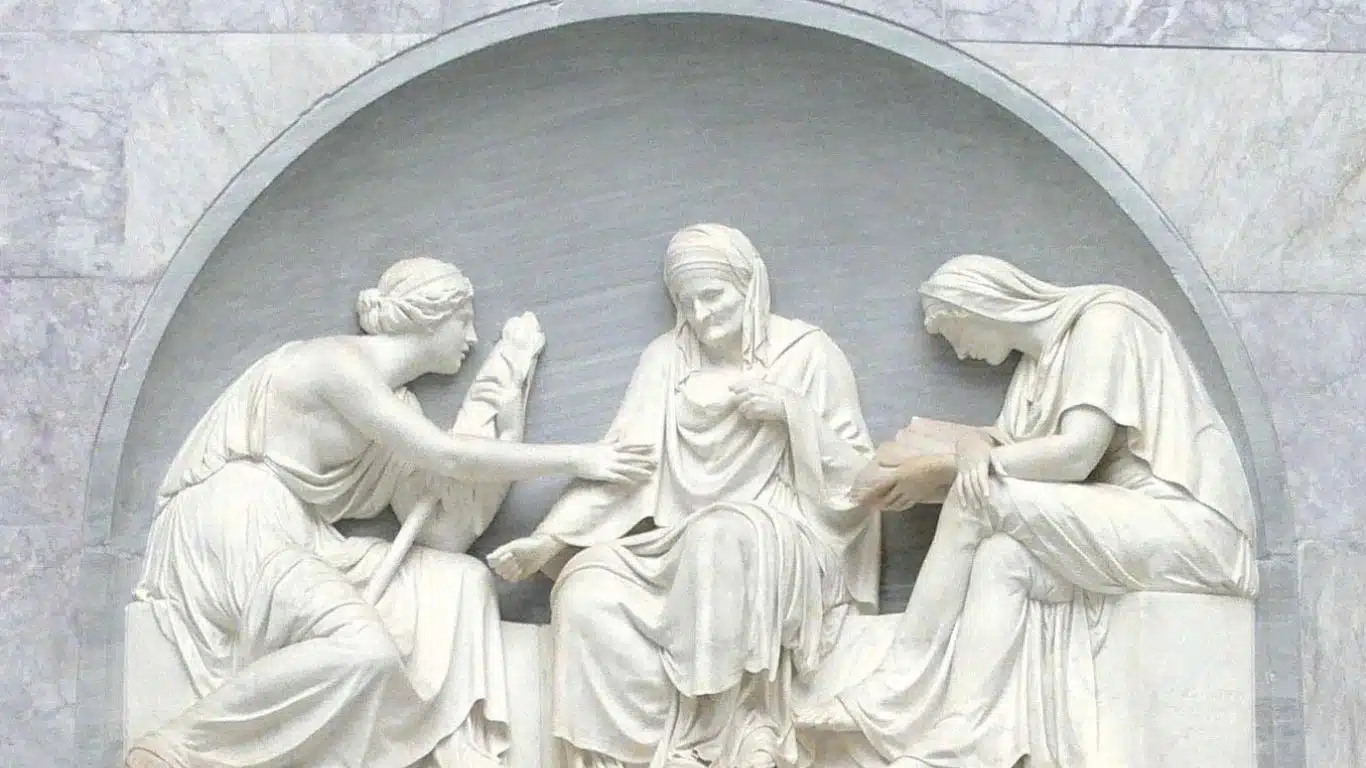
Fate is the concept that events are predetermined and cannot be changed, often associated with the actions of the gods or other supernatural forces. In mythology, fate is often viewed as an unstoppable force that governs the lives of mortals, and even the gods themselves may be subject to its whims. The idea of fate can provide a sense of order and purpose in the world, but can also be seen as limiting the free will of individuals.
Epic
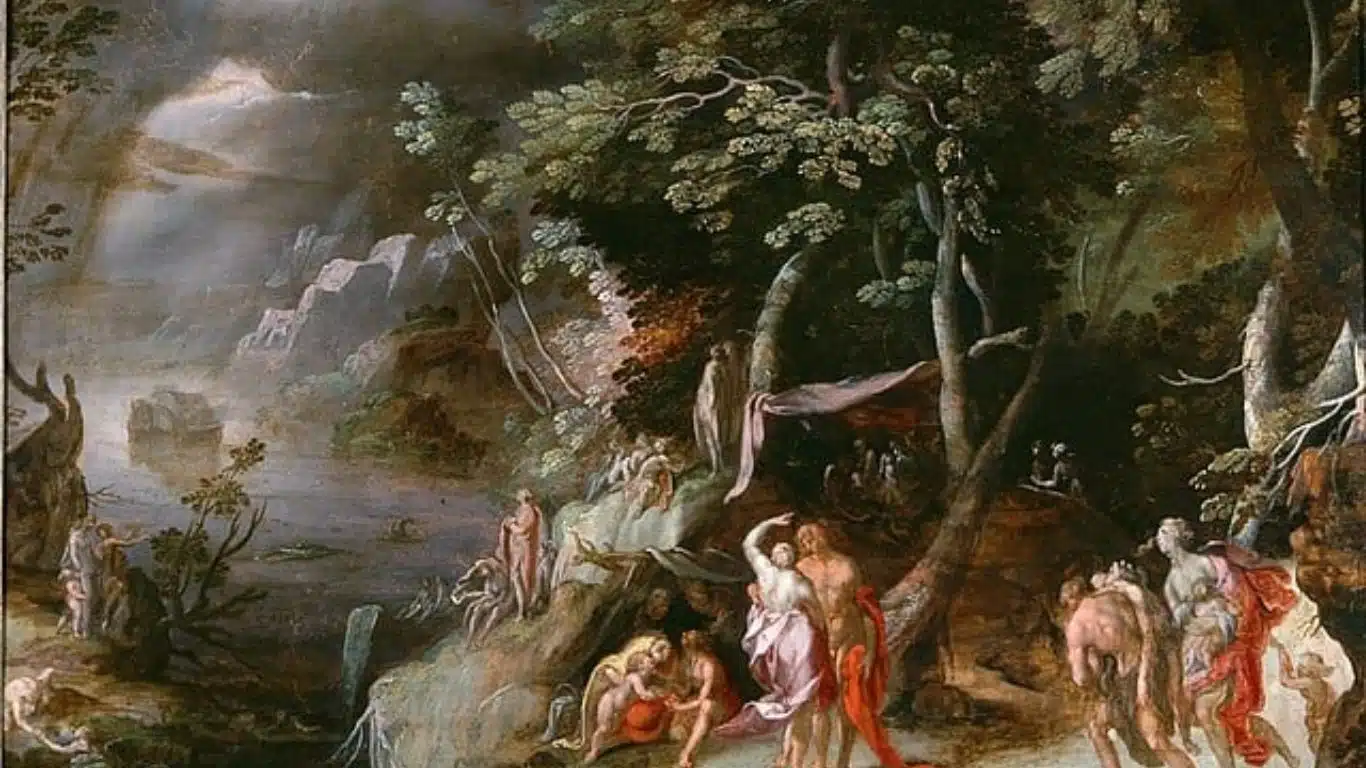
An epic is a long narrative poem that tells the story of heroic deeds and adventures. Epics often involve gods, heroes, and supernatural beings and may incorporate elements of history, mythology, and religion. These stories are typically told in a grand and elevated style, with a focus on larger-than-life characters and epic battles.
Oracle
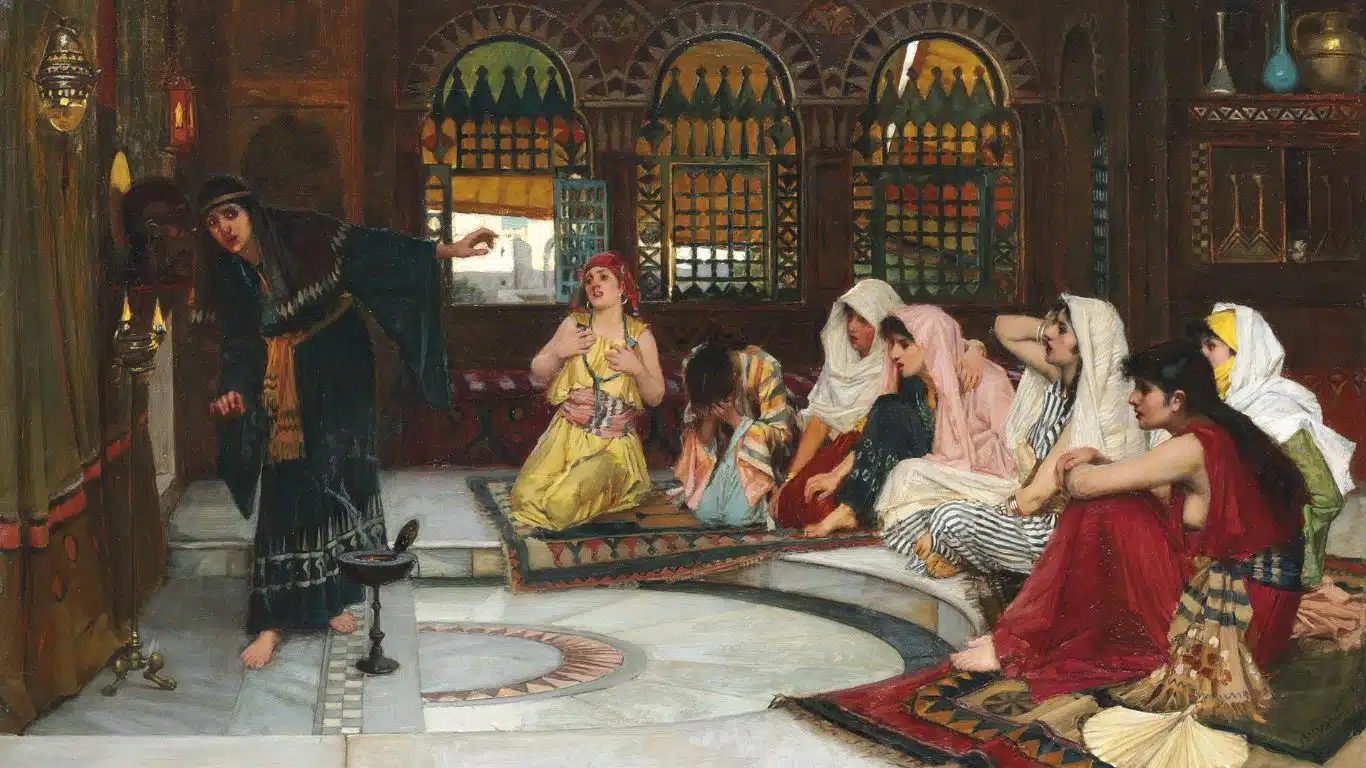
An oracle is a person or place believed to possess prophetic powers and offer insights into the future. In mythology, oracles were often associated with temples or shrines dedicated to a particular deity, and were consulted by those seeking guidance or answers to important questions. Oracles may use various methods to convey their messages, including divination, trance states, or prophetic dreams.
Mythical creature
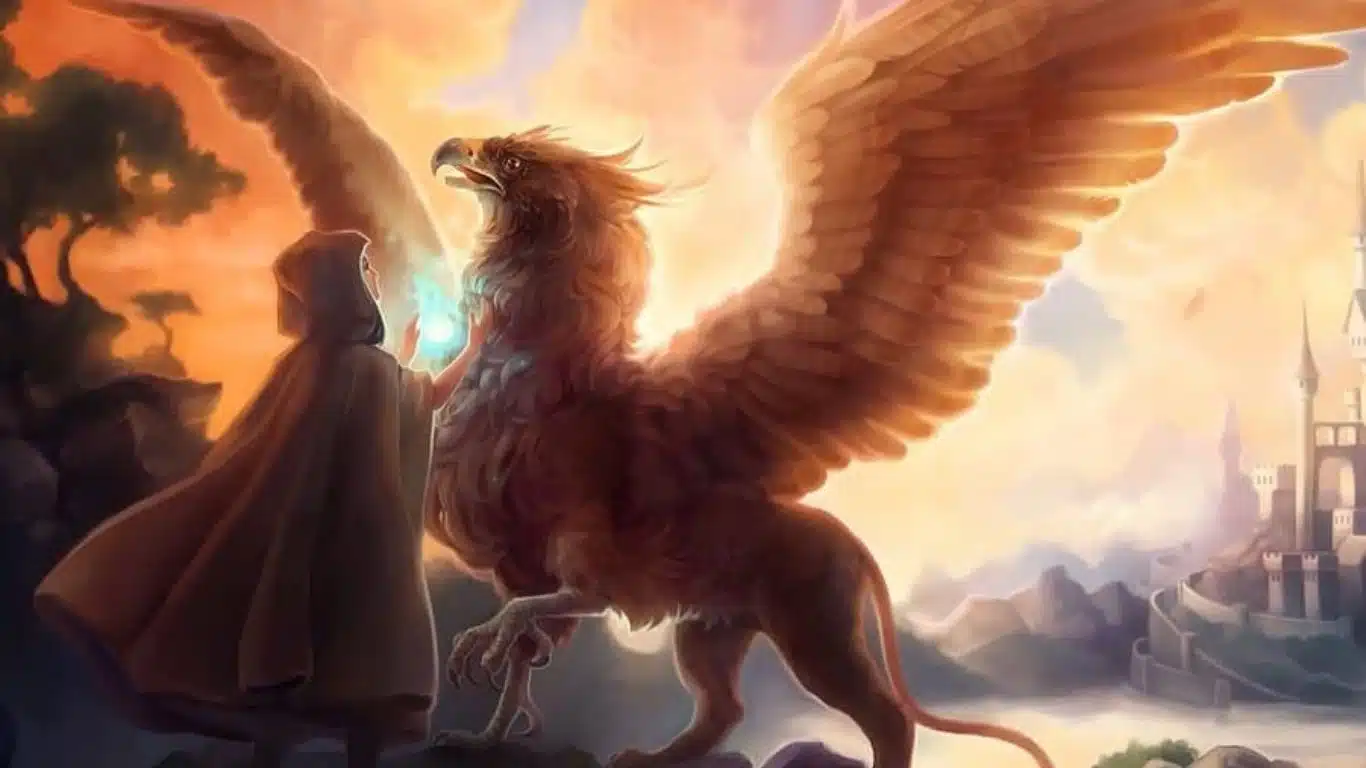
A mythical creature is a creature from myth or legend that does not exist in the natural world, such as a dragon or unicorn. These creatures often have fantastical or supernatural abilities, and are typically associated with particular cultures or regions. They may symbolize certain traits or values, or be used to represent particular ideas or concepts in mythology.
Underworld
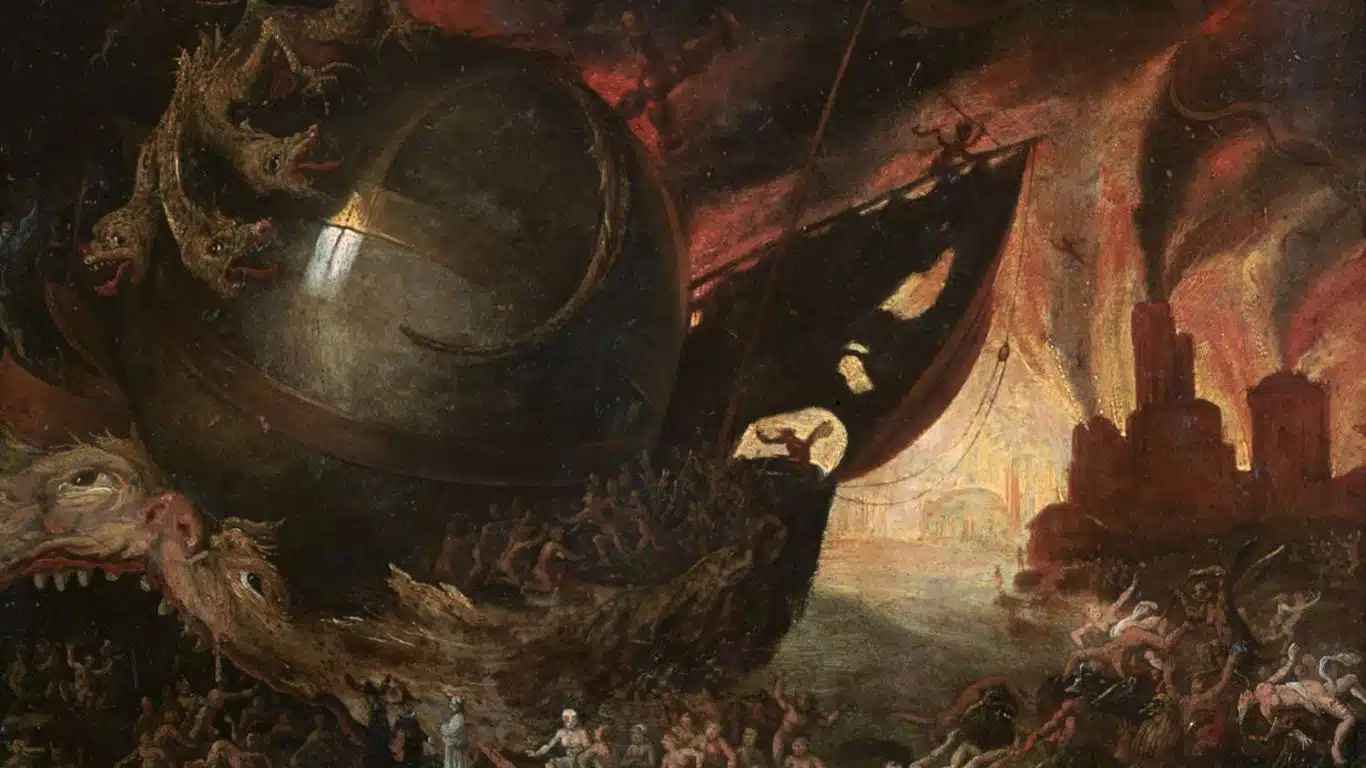
The underworld is a realm believed to be inhabited by the dead or other supernatural beings. In mythology, the underworld is often associated with death and the afterlife, and may be seen as a place of judgment or punishment for the souls of the departed. It may also be inhabited by gods or other supernatural beings who have power over the realm of the living.
Immortality
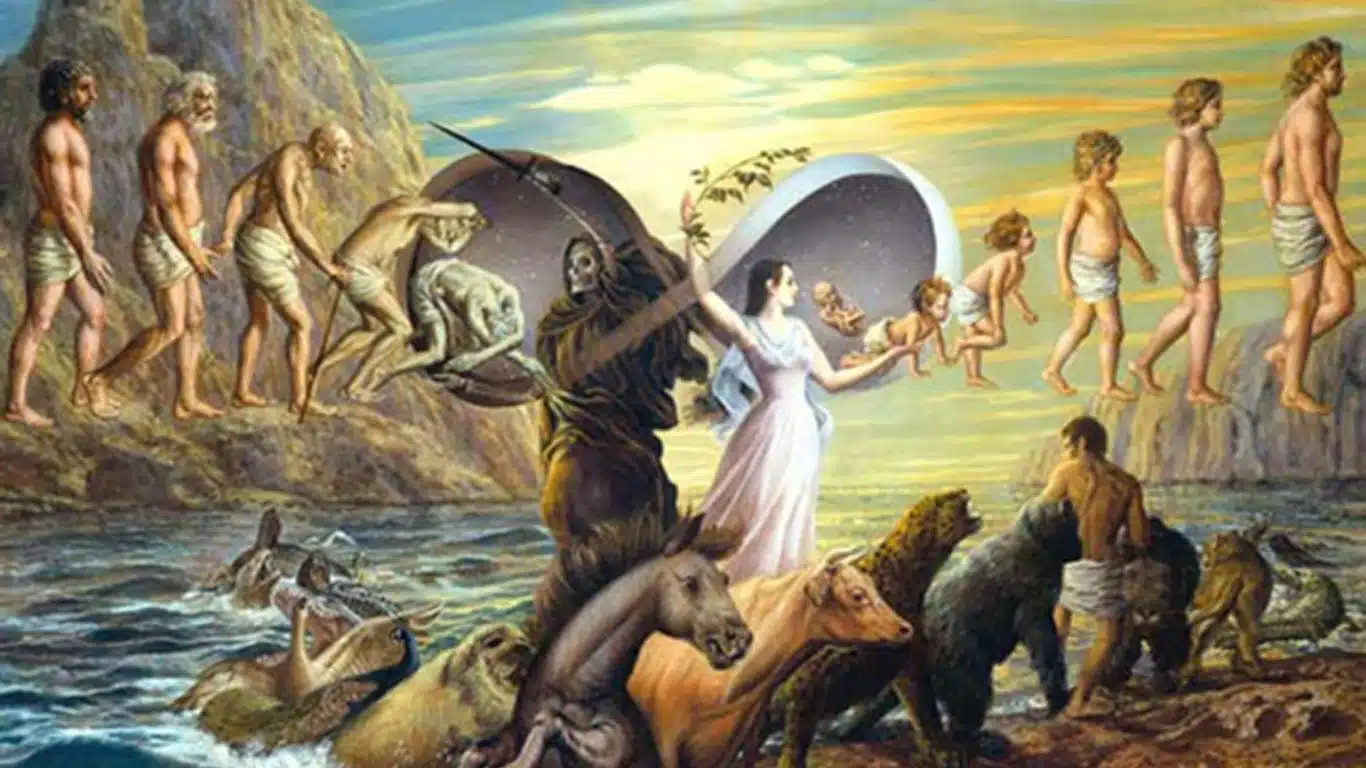
Immortality is the idea of living forever or having a lasting legacy that endures beyond death. In mythology, immortality is often associated with gods, heroes, and other supernatural beings, who are believed to possess eternal life or the ability to transcend death. The desire for immortality is a common theme in many myths, and may represent a longing for eternal life or a legacy that lives on after one’s death.
Archetype
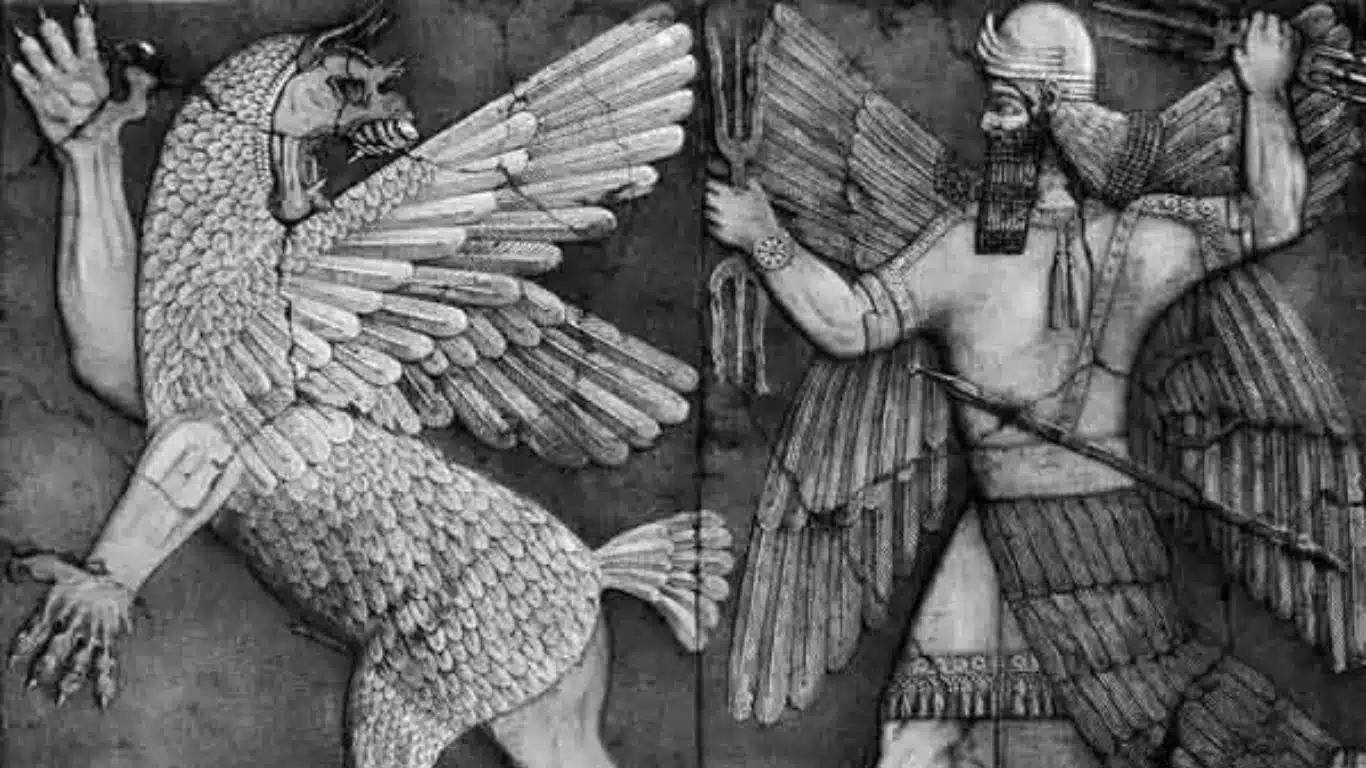
An archetype is a universal symbol, character, or theme that appears in the myths, legends, and stories of different cultures and time periods. These archetypes represent fundamental human experiences, emotions, and values, and are used to convey meaning and insight across different contexts and audiences. Examples include the hero, the wise old man, and the trickster.
Flood myth
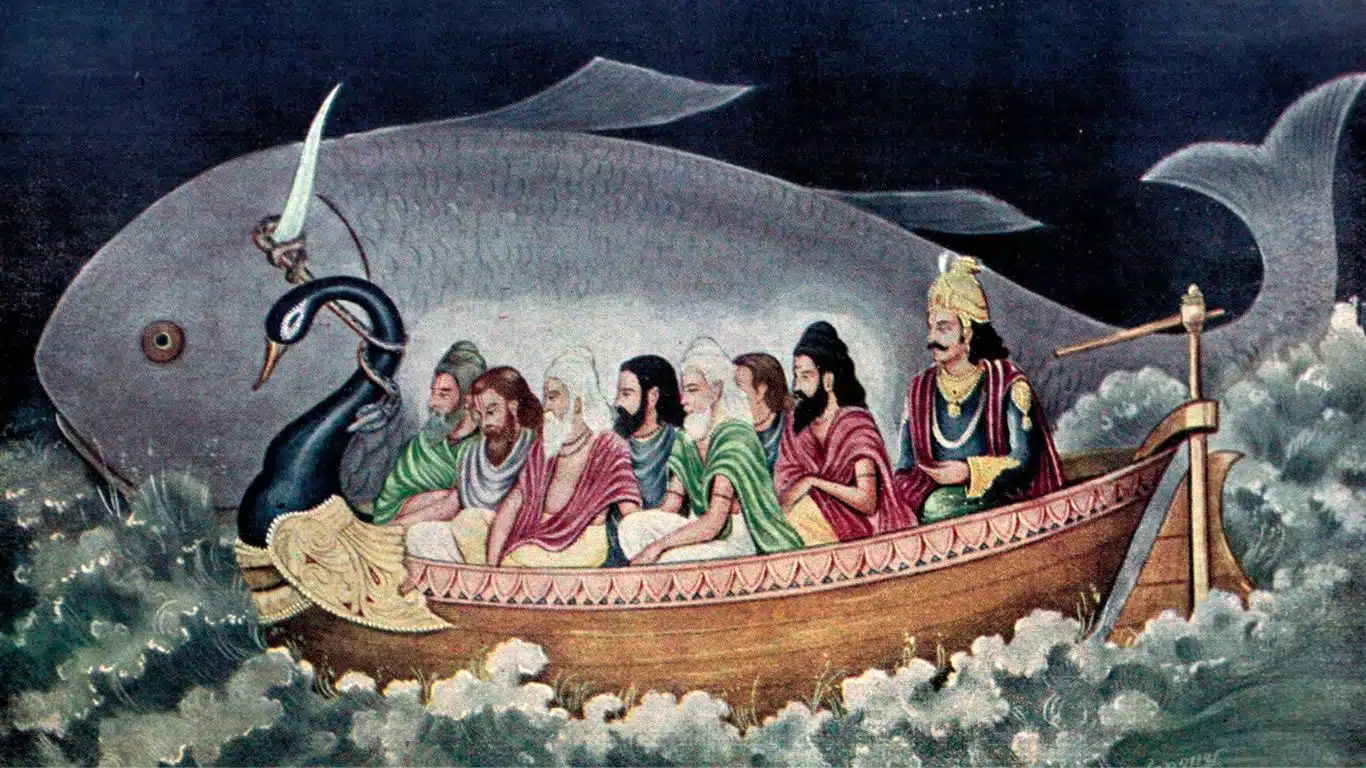
A flood myth is a story that describes a catastrophic flood that destroys the world or a significant portion of it. Flood myths are common in many cultures and often involve a divine or supernatural being warning of an impending flood and instructing a hero to build an ark or boat to survive the flood. These stories may serve as a cautionary tale about the consequences of human actions, or as a metaphor for the cyclical nature of life and death.
Ritual
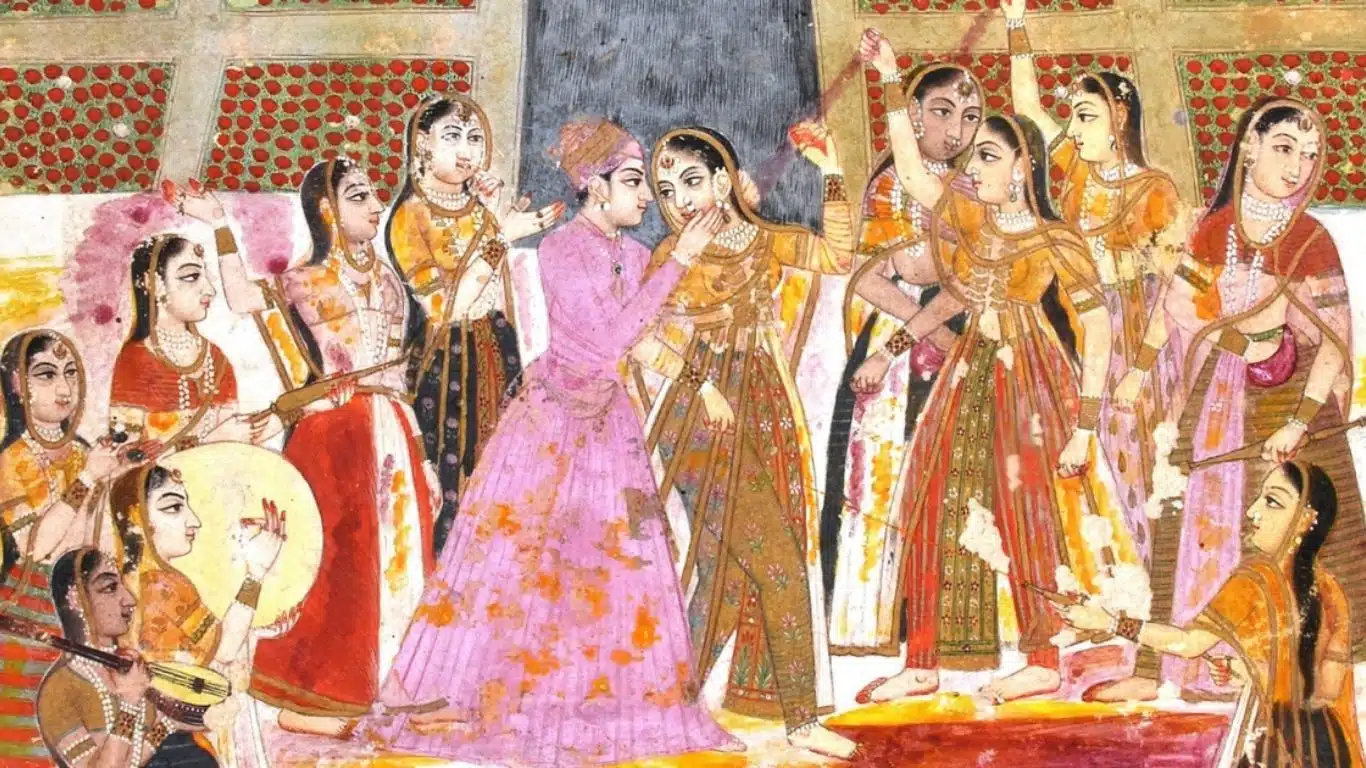
A ritual is a set of actions performed in a particular order or manner, often associated with religious or cultural practices. Rituals may involve symbolic gestures, words, or objects, and are often performed in a specific location or at a particular time. They may serve a variety of purposes, such as marking important life events, expressing devotion or gratitude to a deity or supernatural being, or promoting a sense of community or solidarity among participants.
Mythical weapon
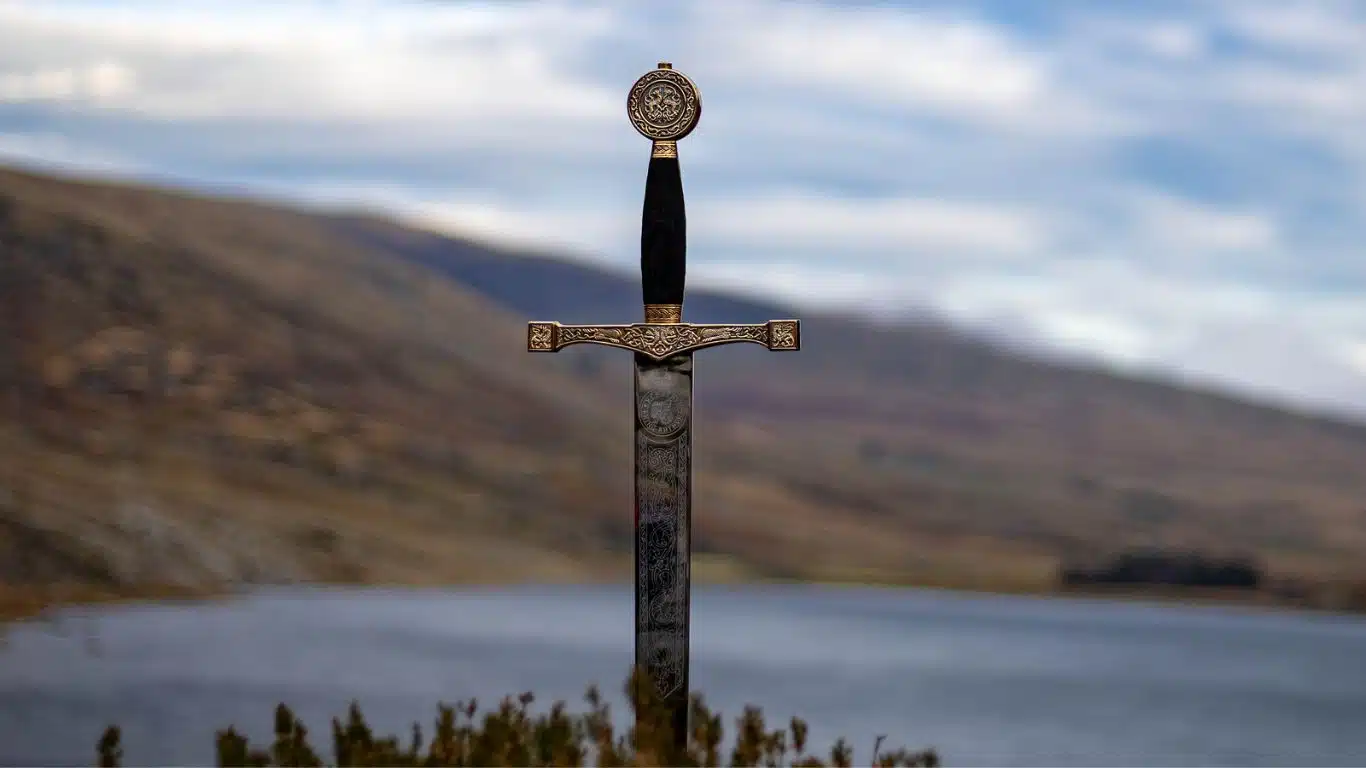
A mythical weapon is a weapon that appears in myths or legends, often possessing extraordinary powers or significance. These weapons are often associated with legendary figures or gods and have symbolic or magical properties. Examples include King Arthur’s sword Excalibur, Thor’s hammer Mjolnir, and the Greek hero Perseus’ sword, which was used to slay the Gorgon Medusa.
Divine descent
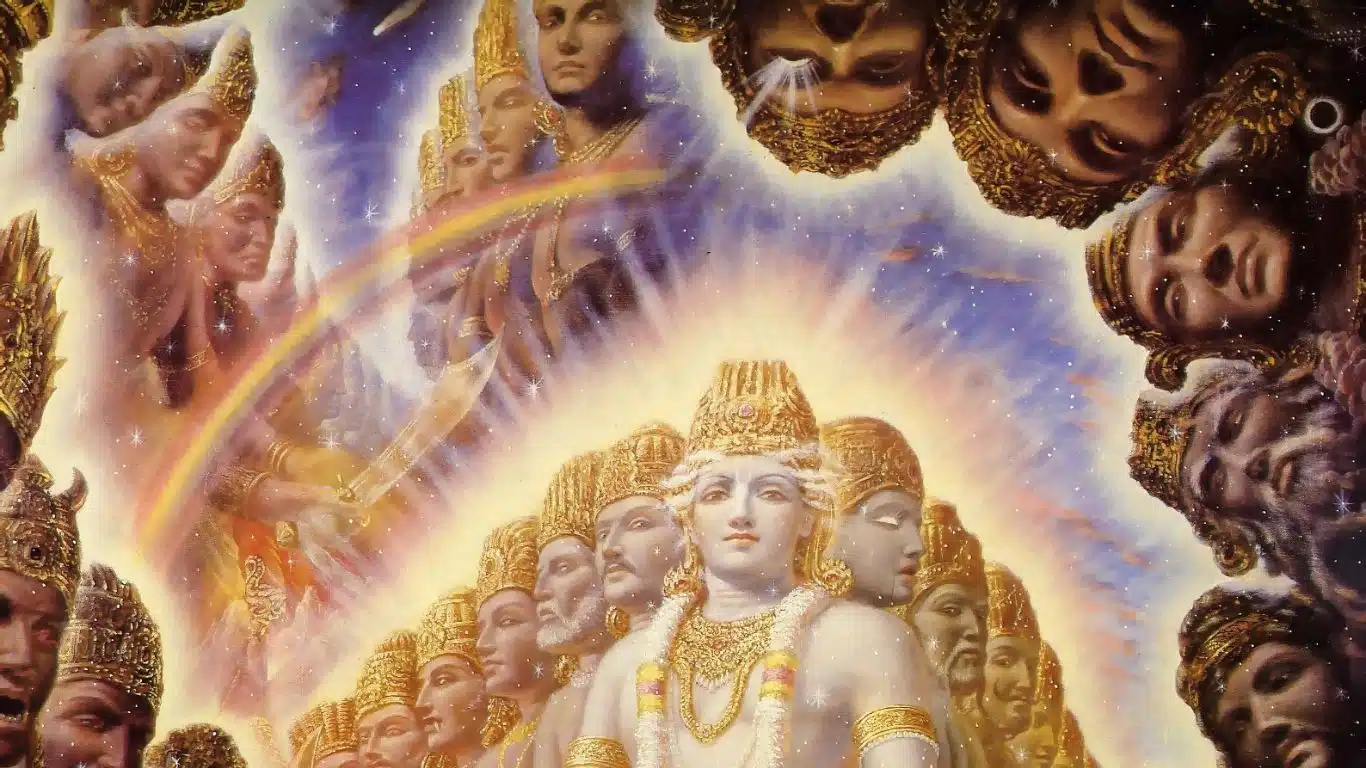
Divine descent is the idea that a person or group of people is descended from a god or gods, often used to legitimize authority or power. This concept is common in many cultures and may be used to explain the origins of royalty, nobility, or other ruling classes. Divine descent may also serve to reinforce social hierarchies and promote a sense of superiority or exclusivity among those who claim descent from the divine. Alternatively, it may serve as a source of inspiration or spiritual connection for individuals or communities who identify with a particular divine lineage.
Also Read: 10 Symbol of Power in Different Mythology
